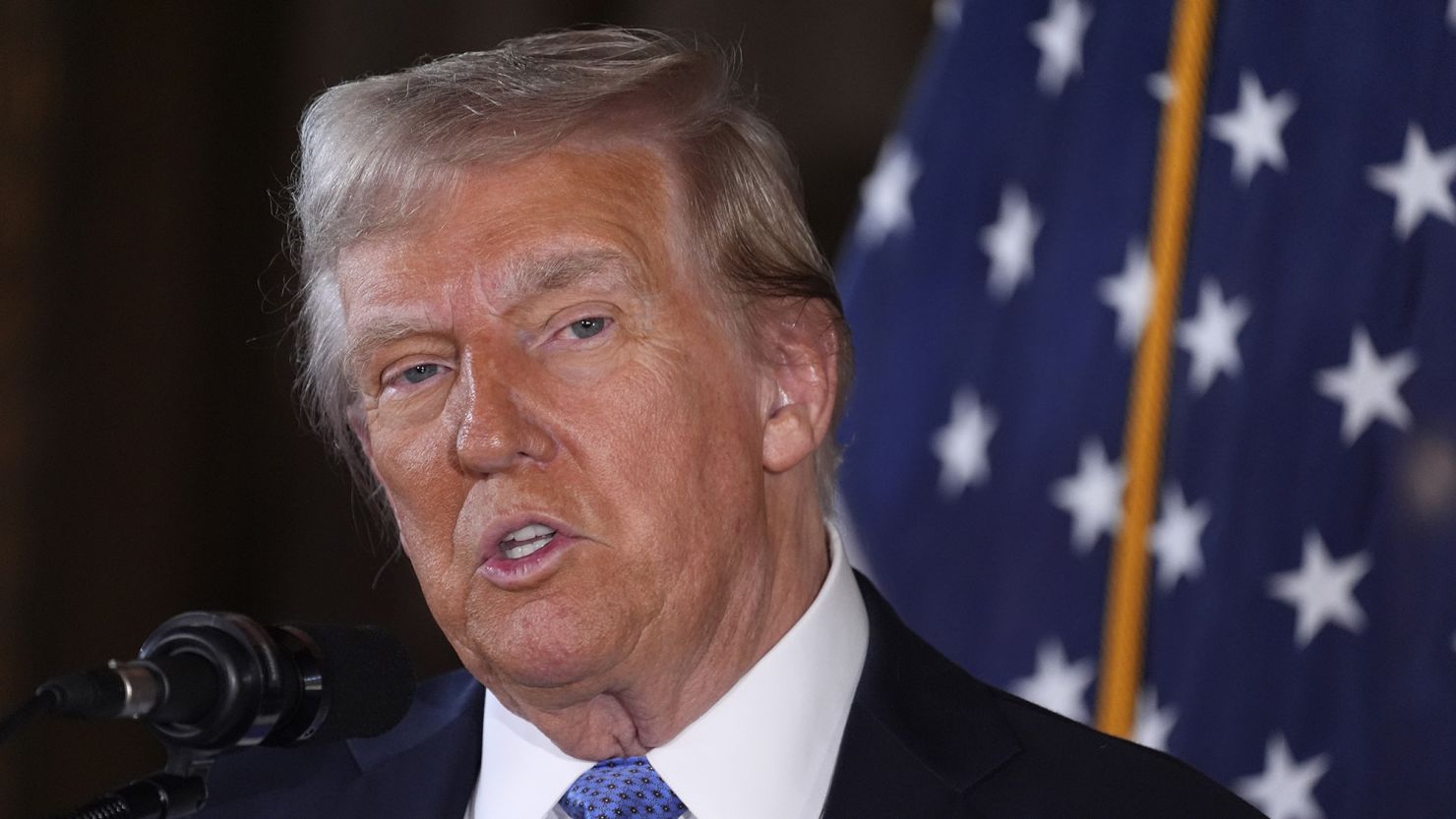The Changing Face of American Governance
We no longer live in the nation envisioned by the Founders. For the first time in modern American history, there seems to be a growing consensus on this reality.
This was starkly demonstrated during the last presidential election, where a diverse coalition of voters from both the political left and right overwhelmingly supported Donald Trump. His promise to create a “government efficiency commission,” to be led by Elon Musk, struck a chord with a population increasingly disillusioned by Washington’s dysfunction.
The fact that such a commission—now evolving into the Department of Government Efficiency (DOGE)—has become a central demand of the American public is remarkable. Just over a decade ago, during the Obama administration, many voters endorsed significant federal expansion. The shift is both sobering and telling.
From Tea Party to DOGE
In Obama’s era, the Tea Party’s call to limit government was considered “uncool.” But times have changed. Today, figures like Barack Obama face criticism for their out-of-touch rhetoric, such as urging voters to back Kamala Harris. Meanwhile, the Tea Party’s foundational idea of shrinking the federal government has gained renewed relevance and popularity.
The proposed DOGE represents a revolutionary concept in modern governance. As Charlie Kirk noted on social media, it would be the first federal entity with the explicit goal of eliminating itself by reducing the size of government. Kirk describes it as a “profound, historic step back to the Founders’ vision for America.” While DOGE is not yet authorized or funded by Congress, it embodies the spirit of limited government that the Founders championed.
Critics like Senator Elizabeth Warren mock the initiative, suggesting inefficiency in its leadership structure. Yet Musk responded with characteristic wit, noting that neither he nor co-leader Vivek Ramaswamy are paid for their roles, making the endeavor exceptionally efficient. Musk’s willingness to embrace accountability—remarkable in modern governance—further distinguishes this effort. His statement, “Let history be the judge,” is refreshing for Americans accustomed to leaders avoiding responsibility.
The Deep State’s Grip on Power
The contrast between Musk’s approach and the entrenched bureaucracy of Washington could not be starker. Congress has long delegated power to unelected and unaccountable federal agencies, which expand their influence without voter consent. These bureaucracies siphon trillions of taxpayer dollars while growing increasingly invasive in everyday life.
Theodore Lowi, a political scientist, observed decades ago that modern liberalism favors “policy without law.” This mindset has allowed Congress to delegate its legislative responsibilities to shadowy agencies like OSHA and the Consumer Product Safety Commission, which operate without clear standards or oversight. As Mark Steyn noted in After America: Get Ready for Armageddon, these agencies function without accountability, making it impossible for voters to remove them from power.
The Affordable Care Act exemplified this issue. The law contained over 1,000 vague mandates granting the Secretary of Health and Human Services authority to define critical details. One absurd provision included “tooth-level surveillance,” a notion Steyn mocked as Orwellian. Yet Americans had no way to challenge such decisions or remove the bureaucrats enforcing them.
A United Front Against Big Government
In 2024, Americans from across the political spectrum finally recognized the federal government’s overreach. Former Tea Partiers and Occupy Wall Streeters joined forces, unified by the realization that Washington had become a parasitic and unaccountable entity. This bloated administrative state, far removed from the Founders’ vision, has entrenched itself while pretending to embody their ideals.
This newfound unity has shifted the political landscape. Conservatives now support cutting wasteful defense spending, while liberals are open to reducing ineffective agencies like the Department of Education. The coalition may be unconventional, but it wields an uncompromising resolve to dismantle the Deep State.
The Deep State Strikes Back
As the administrative state faces unprecedented scrutiny, its defenders are becoming increasingly desperate. Economically, the Federal Reserve may manipulate interest rates, risking stagflation, to shift blame onto a future Trump administration. In foreign policy, the Department of Defense under President Biden has escalated tensions by providing Ukraine with missiles capable of deep strikes into Russian territory—actions that could provoke direct conflict.
While many oppose Russian aggression in Ukraine, the U.S. response raises serious questions. Imagine if Russia supplied long-range missiles to Mexico during a territorial dispute with America. Would we interpret that as anything less than an act of war? Such reckless policies are likely to create long-term challenges for the next administration.
The Fight Ahead
Americans have made significant progress in confronting the threat of big government, but the fight is far from over. The Deep State has been identified and targeted, yet it will not relinquish power without a fight. Expect its tactics to grow more extreme as it struggles to maintain control.
For the first time in decades, the American people have a clear understanding of the federal government’s true nature—and they are united in their resolve to restore the principles of accountability and limited government. The road ahead will be challenging, but the opportunity for lasting change has never been greater.







